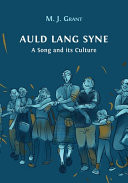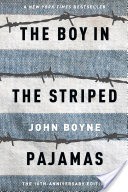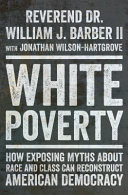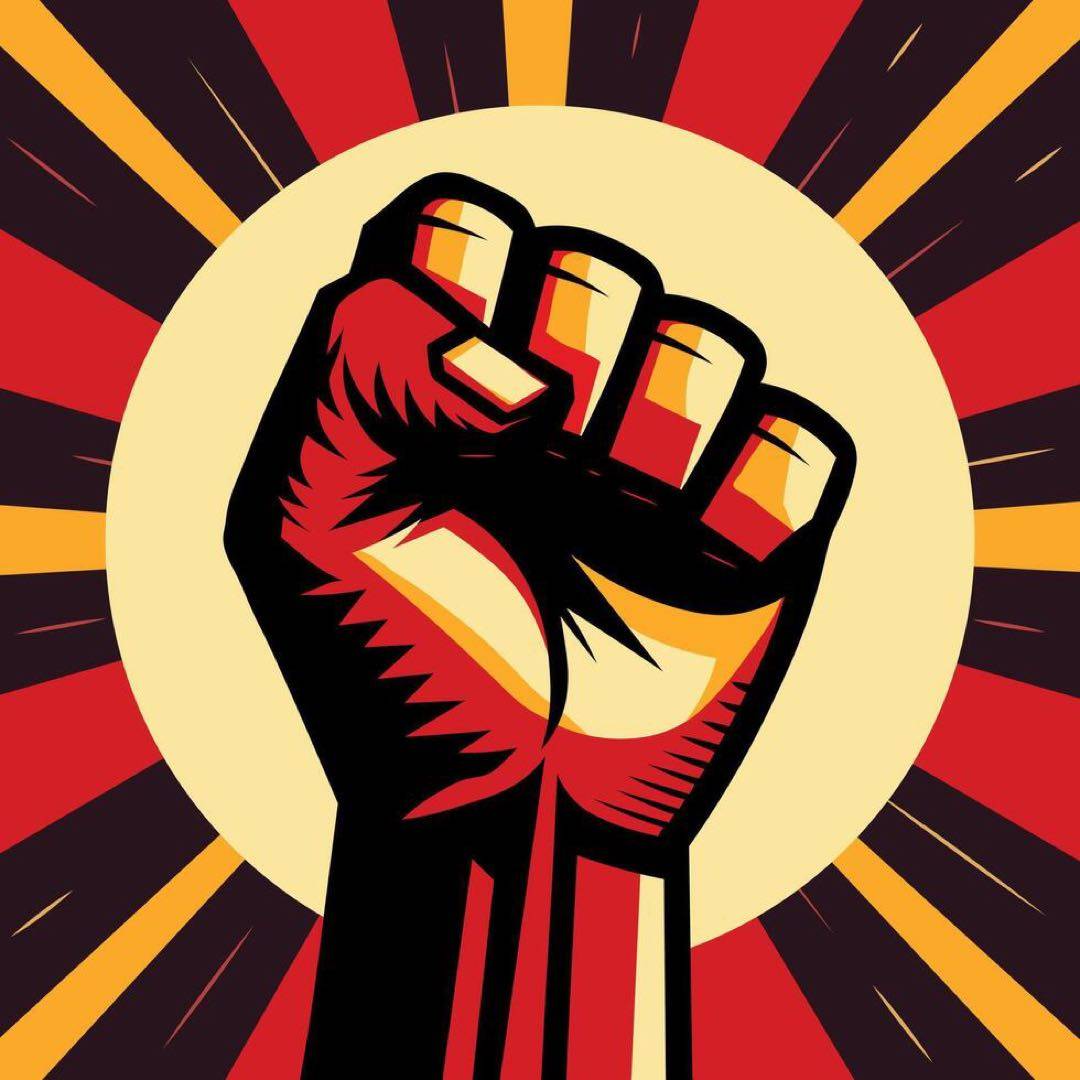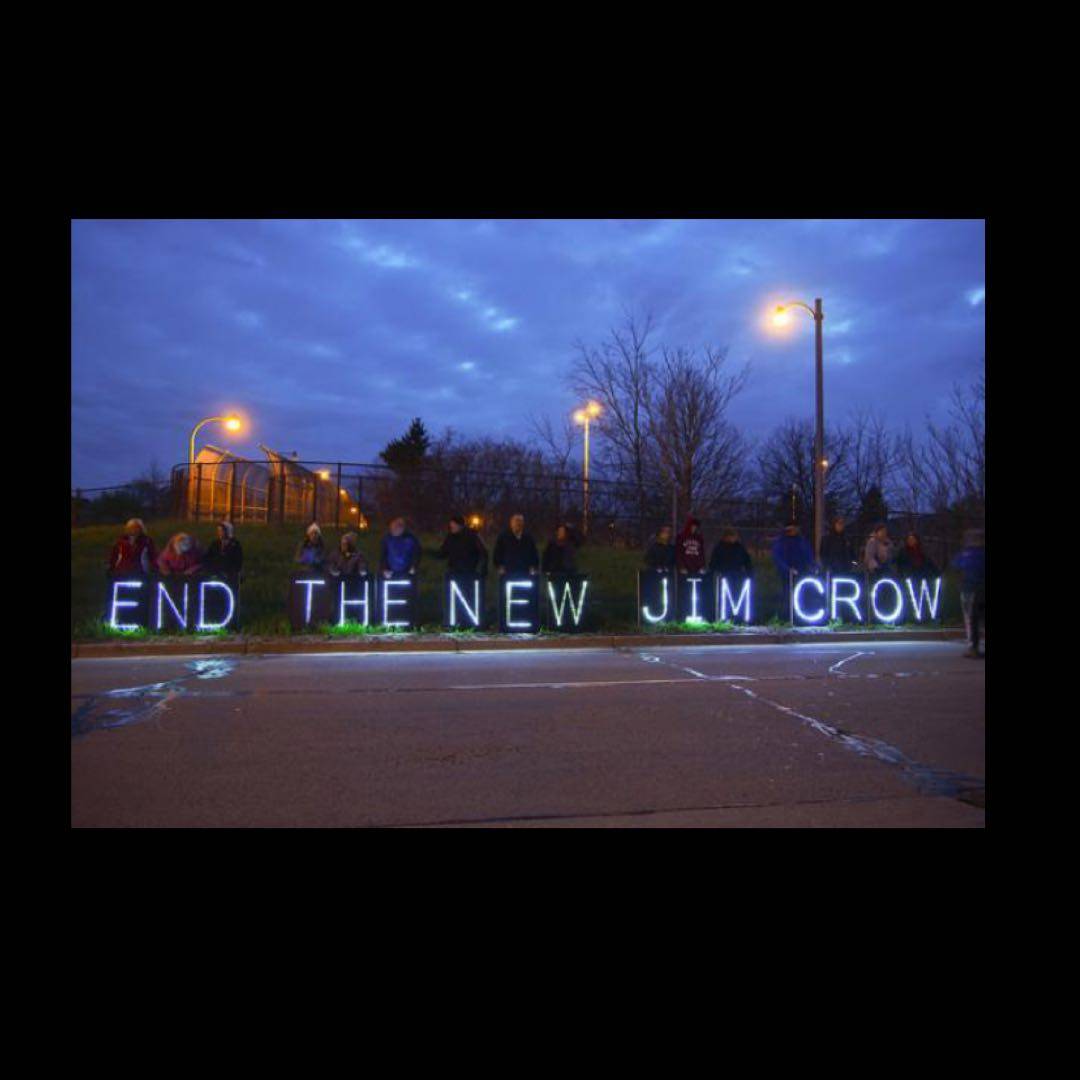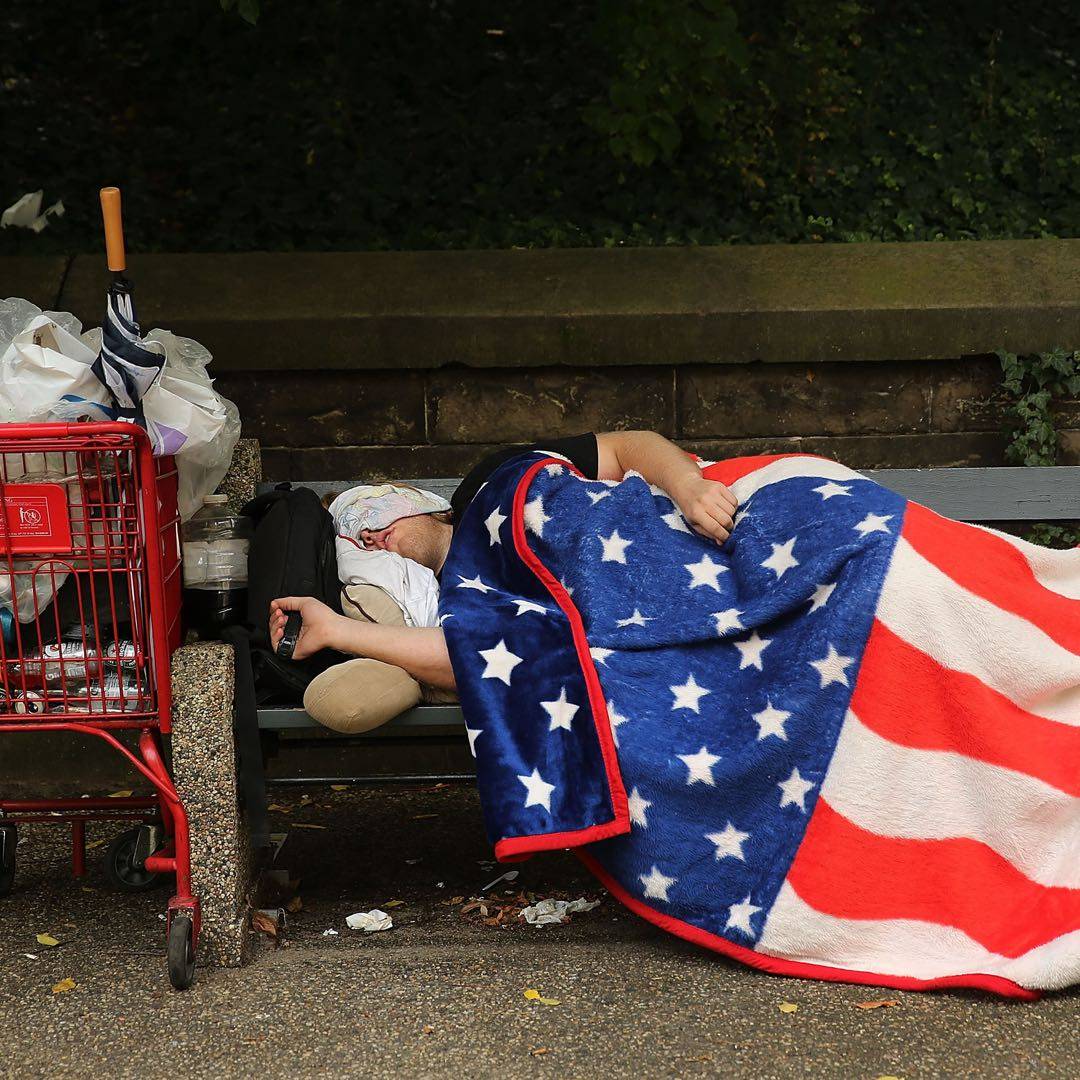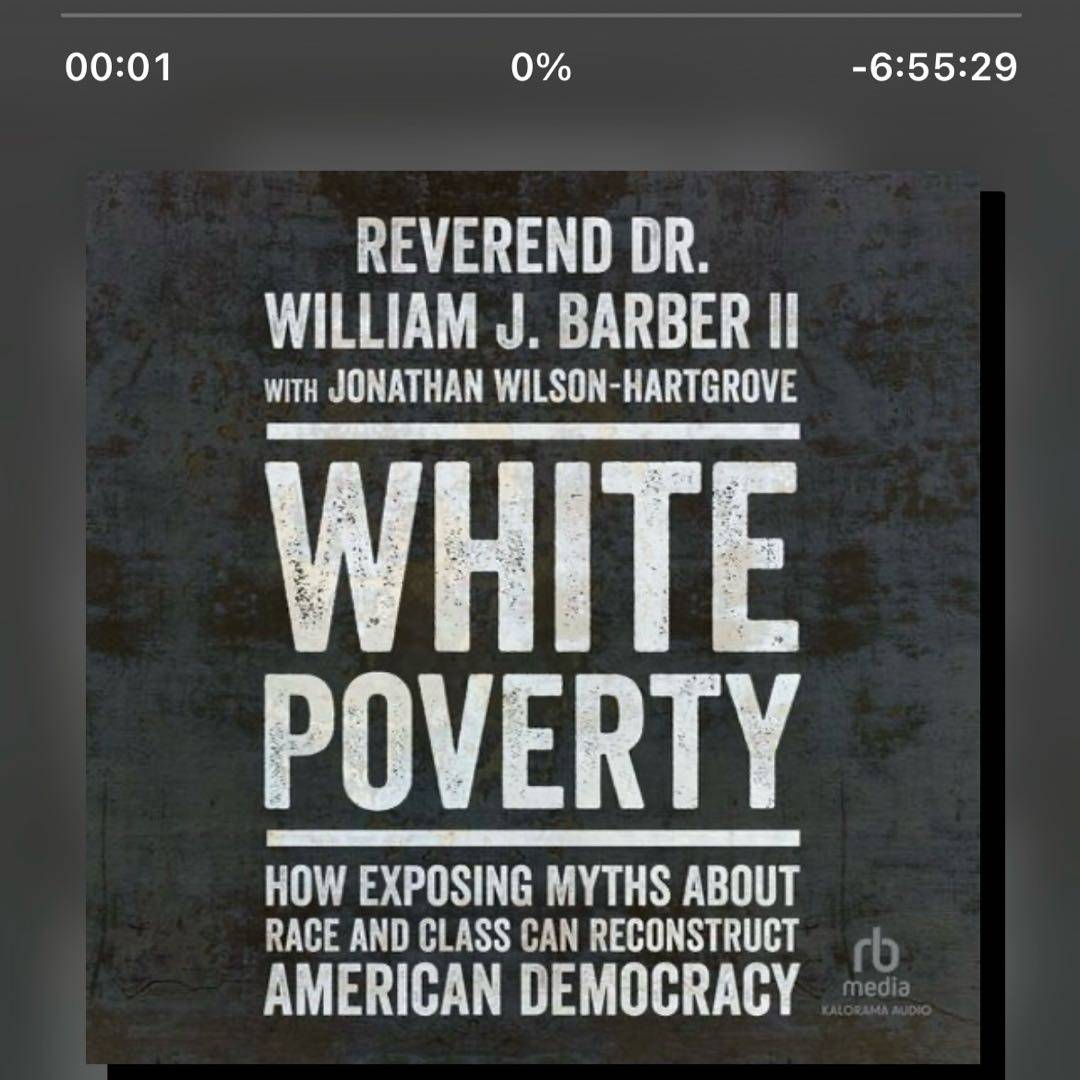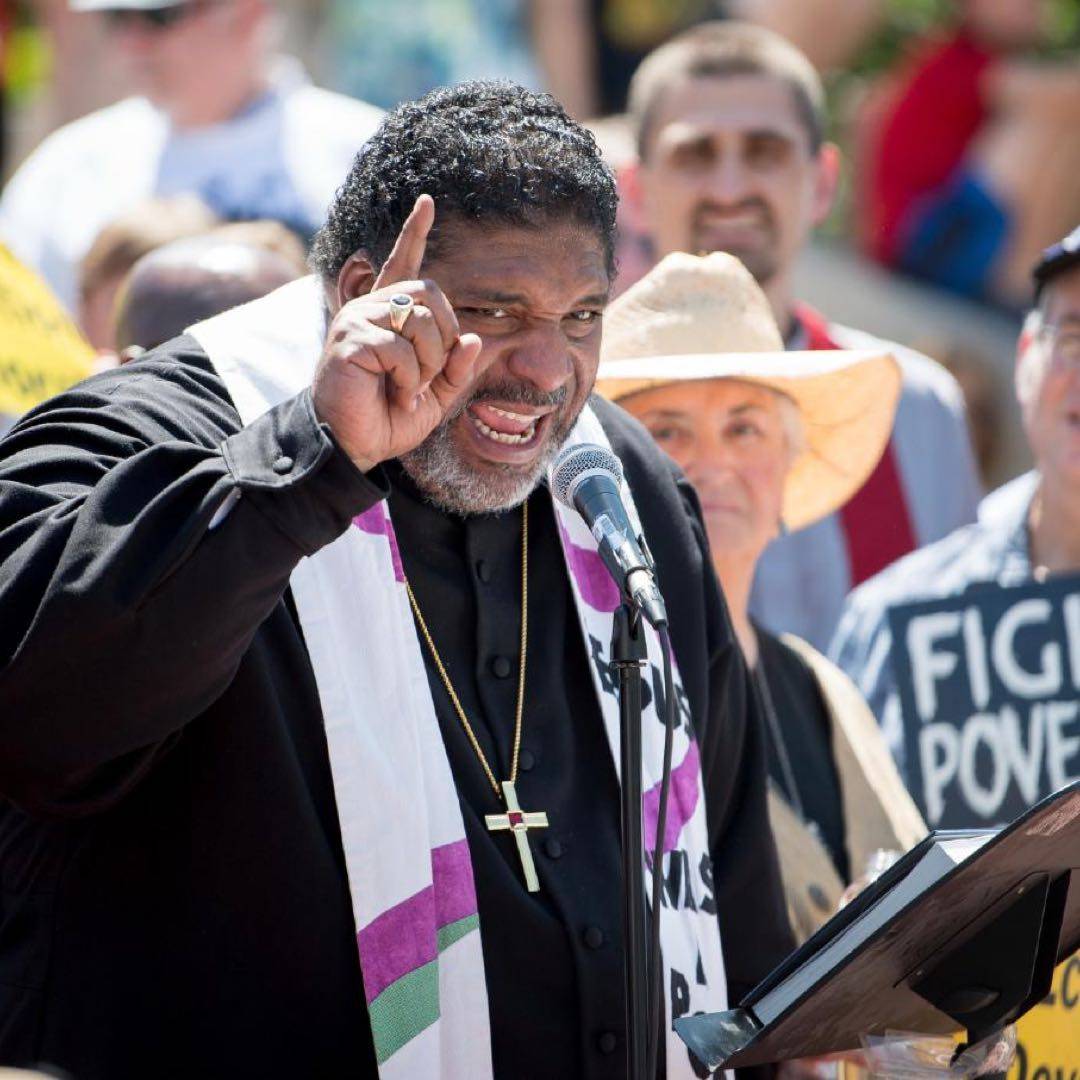
The reverend speaks truth to power in this book. You could think of the book as a sermon that a lot of our ‘elected‘ members need to hear. Our oppression is rooted in white supremacy—this is a collective fight that we must all fight together. Capitalism, hatred, misogyny, racism—these are all built up every day on lies we have been told for centuries; the reverend lays it all out here. If we don‘t stop the ‘them v. us‘ and fight back ⬇️







